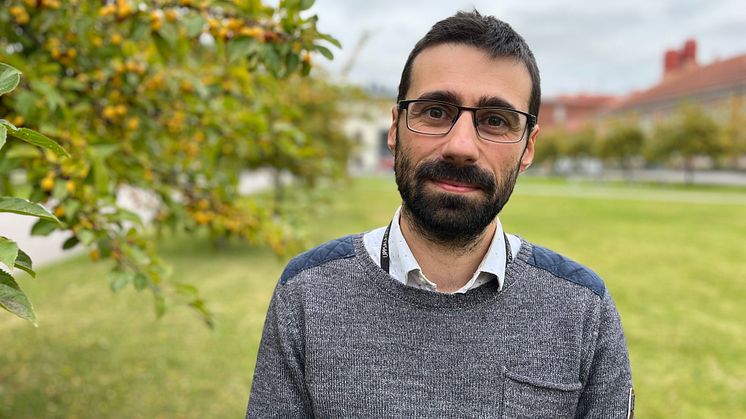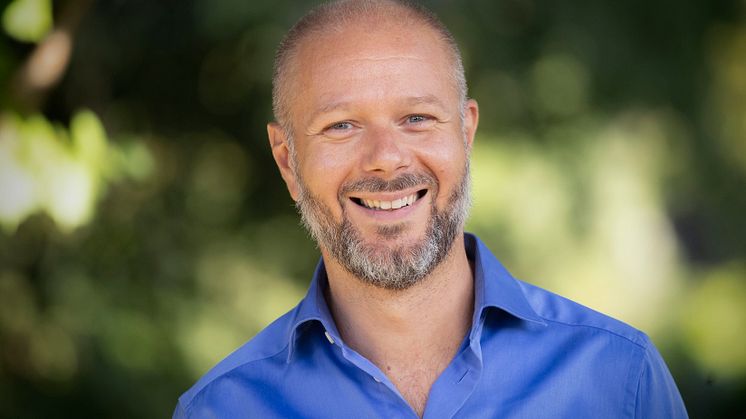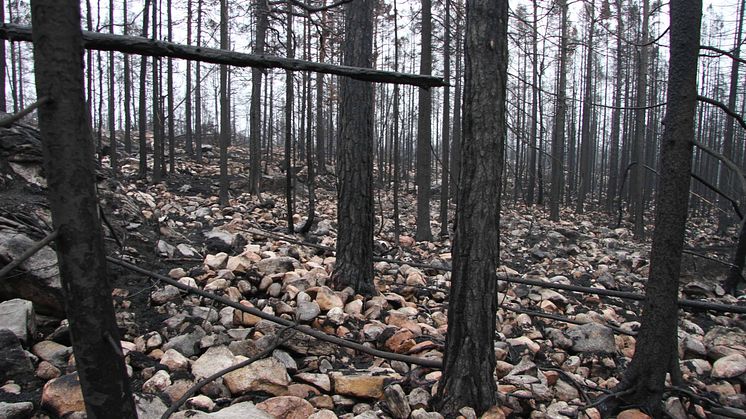Adaptability of trees persists after millions of years of climate change
Seven of the most common forest trees in Europe have been shown to be able to shelter their genetic diversity from major shifts in environmental conditions. This is despite their ranges having shrunk and the number of trees having fallen sharply during ice age cycles. These are the findings of a study jointly led by Uppsala and Helsinki Universities, published in Nature Communications.




